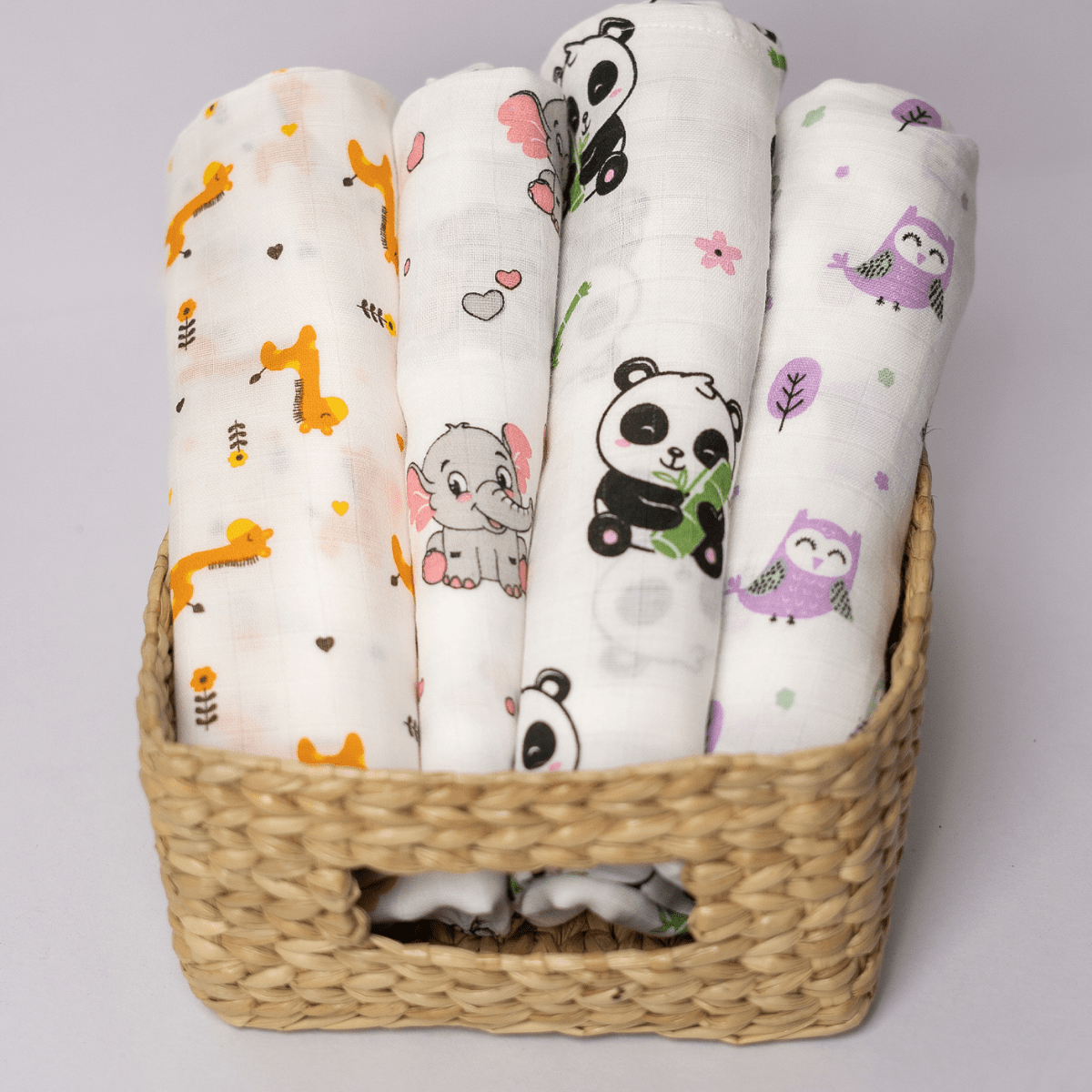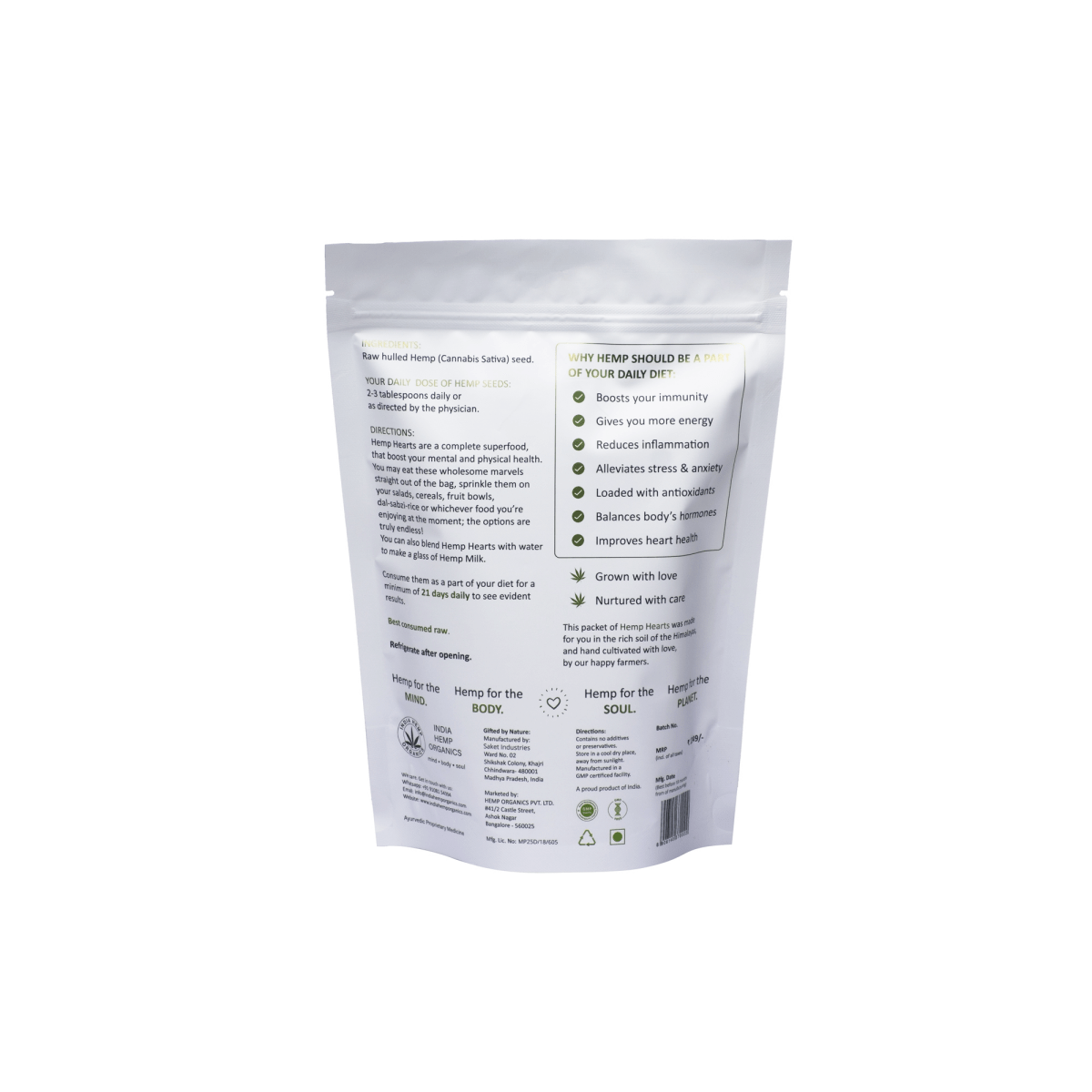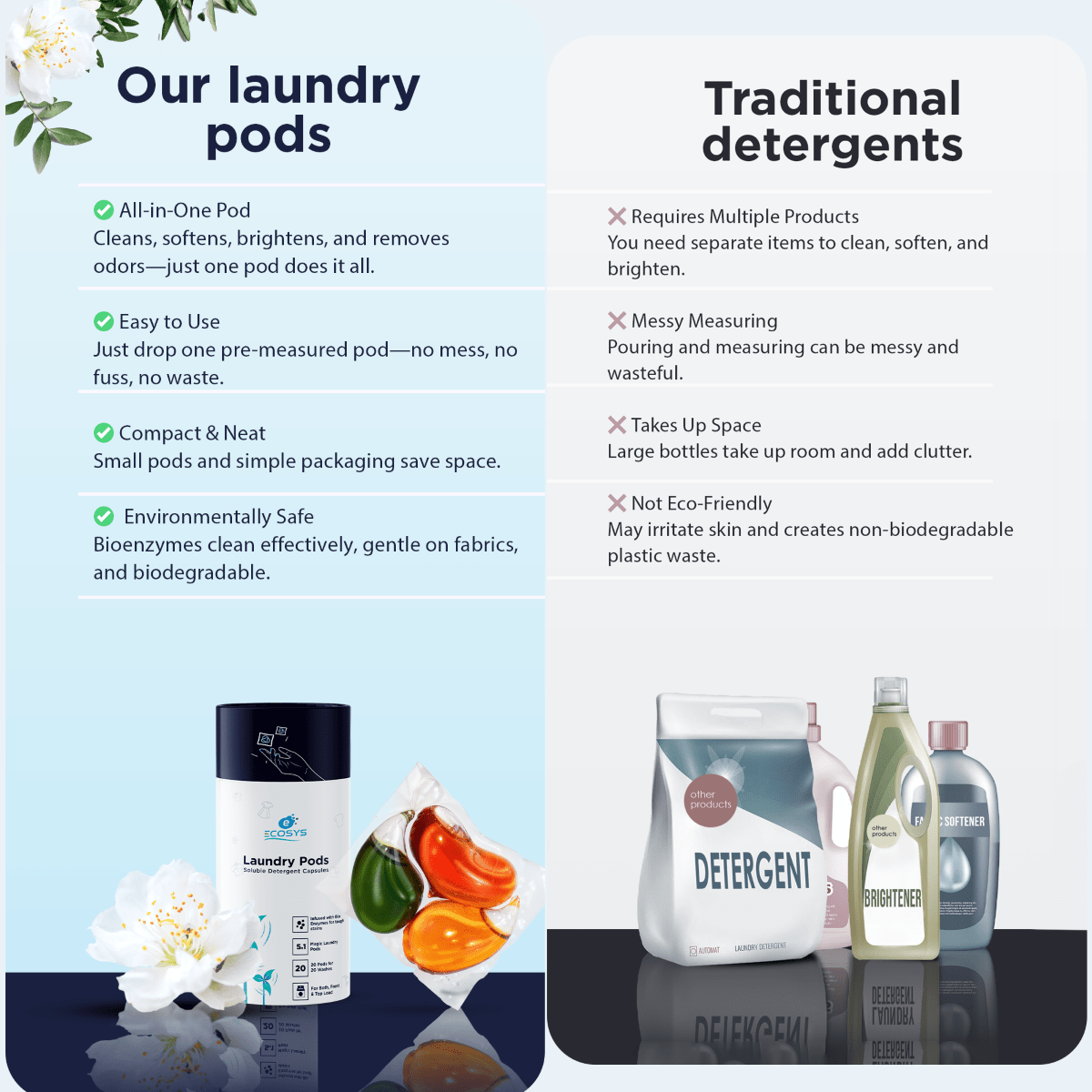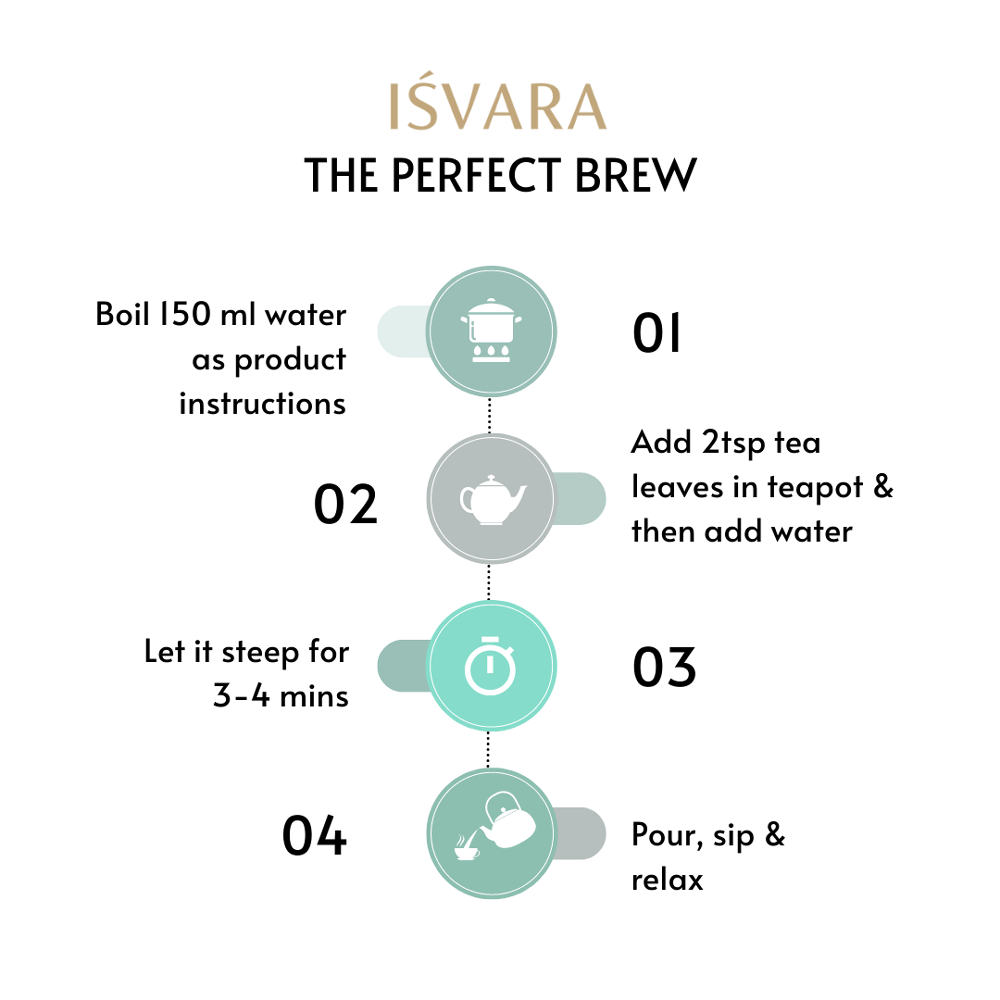Over the past few years, Black Friday has become synonymous with overconsumption as shoppers flock to the stores for some post-Thanksgiving shopping. It signifies the beginning of the holiday shopping season and customers are primed for making purchases. However, they end up buying things they don’t need due to the massive discounts and the exclusive “Black Friday” deals.
This retail holiday has its origins in the late 1980s USA, today thanks to globalization it is being observed the world over. The statistics on the impact of Black Friday on the environment are staggering:
- It’s reported that the carbon footprint of clothing sales is 74% higher on Black Friday than on any other day.
- An estimate of over 429,000 tonnes of greenhouse gas emissions happen as a result of Black Friday deliveries.
- 80% of the products bought on Black Friday end up in landfills because they’re either of poor quality or damaged.
- In the US alone waste from packaging increased by 25%.
Ethical Shopping for Black Friday
The world is at a boiling point and climate change is resulting in extreme weather events. Global warming has already impacted thousands of people all across the planet with unprecedented temperatures and unpredictable weather. Black Friday is no longer sustainable. Experts warn that the world is currently using resources 75% faster than the earth can renew it. This Black Friday, make a vow to shop ethically and reduce waste.
Here’s how to do it:
Be a thoughtful consumer: Think carefully about your purchases before hitting the “buy now” button. The discounts might be enticing and you might be sorely tempted but hit pause and ask yourself these questions—do you need it or do you want it? How often will it be used? If you’ve got satisfactory answers to these questions then go ahead.
Shop locally: Support small businesses and local stores. This will not only reduce your carbon footprint it’ll also help your community grow. Also, there are no delivery fees when you shop locally.
Make a list: It’s easy to lose sight of what you want to purchase when you’re on a shopping spree. Making a list will help you stay focused on what products you want and want brands and features you’re looking for. It’ll also help you decide if the product is worth the price and stop you from making impulsive purchases.
Contribute to charities: Contributing money to charities that help people or the environment is a great way to break away from consumerism and make a positive impact.
Avoid excessive packaging: Packaging or excessive packaging contributes to lots of waste ending up in landfills. Try recycling gift papers and opt for reusable bags. Better yet, bring your own shopping bag.
Buy from green companies: Choose brands that sell long-lasting, sustainable products and contribute towards the betterment of the planet. There are plenty of environmentally conscious companies and stores that can grow from your patronage. Collaborate with Brown Living to purchase ethical products at affordable price points.
Buy second hand: Thrifting or buying pre-loved items is a great way to shop. It’s not only good for the environment it’s easy on your wallet too.
Buy refills: Switch to products that offer refills so that you can reuse the existing bottles and reduce the burden on the earth’s resources.
Go digital: Going digital not only helps reduce environmental impact but also saves money on paper and other expenses.
Buy cruelty-free products: look for brands that offer cruelty-free products, are against animal testing and are PETA-approved.
Invest in experiences: If you are at a loss for gifting something to your loved ones then buying an experience from them is a great idea.
Observe a buy-nothing day: Don’t make any purchases. Think of it as a 24-hour detox from buying anything. This approach is the exact opposite of the Black Friday buying frenzy. Take up the challenge and take a path less traveled.
Conclusion
Celebrating Black Friday by opting for sustainable products, employing ethical purchasing practices and making conscious efforts to reduce waste is the choice we have to make in order to reduce our impact on the planet.
Already markets are seeing a marked shift in attitudes of people toward consumerism and sustainability. Let our mantras this shopping season be “Less is more, recycle and reuse, if you don’t need it don’t buy it.”







































Share:
Eco-Friendly Thanksgiving: How to Celebrate Sustainably
The Benefits of Using Sustainable Elements in Christmas Decor